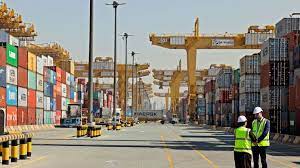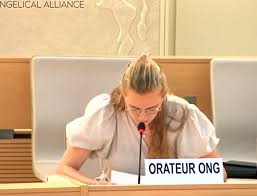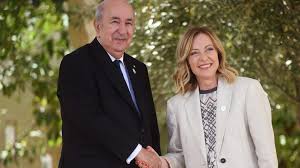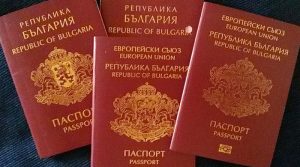EU says UAE will restrict certain re-exports to Russia amid Ukraine war

Brussels: The European Union has informed member states that the United Arab Emirates has agreed to restrict the re-exportation to Russia of sensitive items used for its war in Ukraine, according to a report.
Citing sources familiar with the matter, Bloomberg reported on Thursday that the European Commission briefed EU ambassadors on the development this week. The source added Turkey is considering a similar measure.
A UAE official told Bloomberg that the country uses a legal export control framework to monitor and restrict the exportation and re-exportation of certain so-called “dual-use products” to conflict zones. Dual-use products are goods, software and technology that can be used in both civilian and military contexts.
The EU and G7 allies banned the exportation of dual-use products to Russia after the country invaded Ukraine in 2022. Still, Moscow manages to circumvent the sanctions, often by importing the products from Asia and the Middle East.
The news comes a day after Britain imposed additional sanctions on companies it claimed were supporting Moscow’s war efforts, including a network of UAE-based companies that allegedly helped channel more than $300 million in gold revenues to Russia. Sanctioned entities include Dubai-based gold dealer Paloma Precious DMCC and the key individual behind the outfit, a Zimbabwean businessman called Howard Jon Baker.
A Foreign Office spokesperson told Al-Monitor Wednesday that the United Kingdom had “stepped up” diplomatic engagement with the UAE and other international partners to address Russian efforts to evade Western sanctions.
Al-Monitor contacted the European Commission, the UAE Economy Ministry and the Turkish Trade Ministry for comment.
The UAE and Turkey have been under EU and US pressure over their continued links to Russia. However, with the Israel-Gaza war threatening to expand into a wider Middle Eastern conflict, the UAE could be more likely to take more action on Russia evading sanctions, as Abu Dhabi will rely on Washington as a security partner if the regional military action escalates.
On Nov. 3, the United States targeted Russia’s international supply chains by sanctioning more than 200 individuals and companies, including entities in the UAE and Turkey, that it claims are helping Moscow in the war.
The Emirati companies sanctioned included Dream Lite Trading LLC, a business that allegedly supplied two Russia-based companies with multiple shipments of “high-priority” electronic components, whose status is determined by the Department of Commerce’s Bureau of Industry and Security.
Jonathan Panikoff, director of the Scowcroft Middle East Security Initiative at the Atlantic Council’s Middle East Program, said the UAE, especially Dubai, is viewed by many in Europe and the United States as having become a safe haven for wealthier Russians.
“But the UAE has no interest in being seen as a fringe country,” he told Al-Monitor. “Especially at a time when the [Financial Action Task Force] just improved the UAE’s rating, Abu Dhabi is going to be very careful to try to avoid any actions that could lead to a backslide, and complying with US and EU demands related to sanctioned Russian dual-use products will help in that regard.”
Abu Dhabi is likely to strike a balance between its own regional and global priorities, which include having good relations with both Russia and the United States, the analyst said.
“That means it’s unlikely to go farther than it thinks necessary to be in compliance with US minimal requirements,” Panikoff added.
Discussing how likely Turkey is to implement similar exportation restrictions to the UAE, Panikoff said, “Turkey is trying to play a broader strategic role but may also view restricting exports to Russia as likely to benefit its own position in Syria, especially if Moscow is compelled to pull assets from Syria to cover gaps without dual-use exports available from previously somewhat reliable countries.”
He said that such a move could also help Turkey demonstrate engagement with European and US priorities at a time when the rhetoric coming out of Ankara related to the Israel-Hamas conflict has greatly concerned and upset the West.





